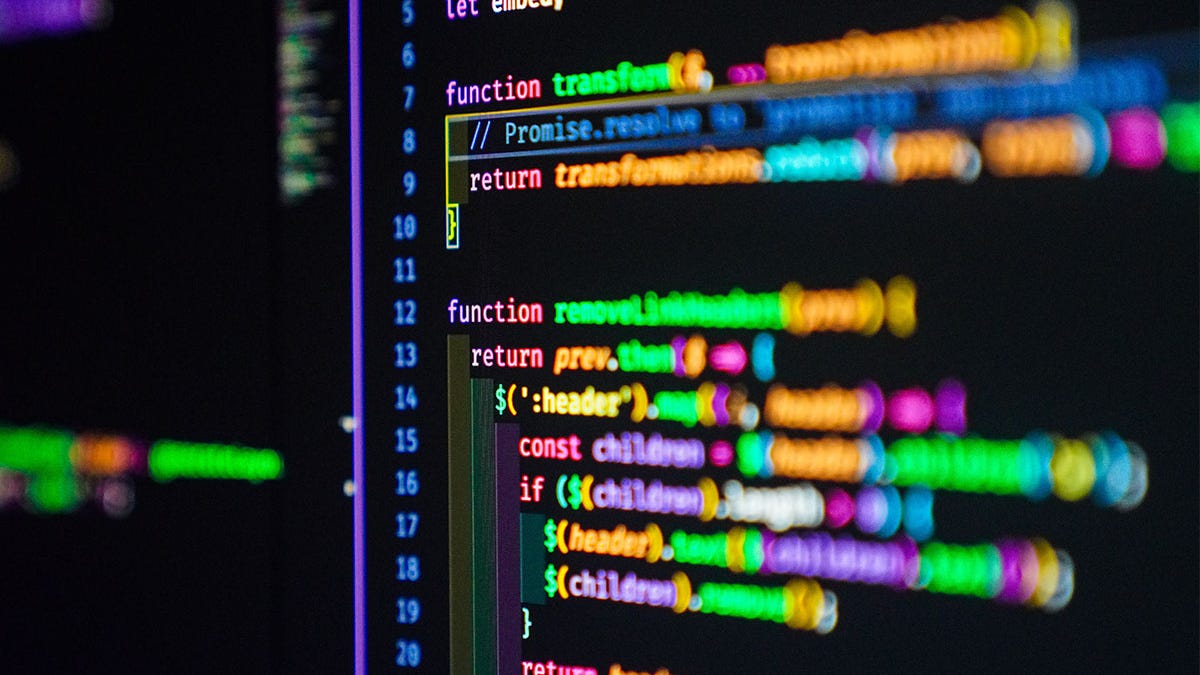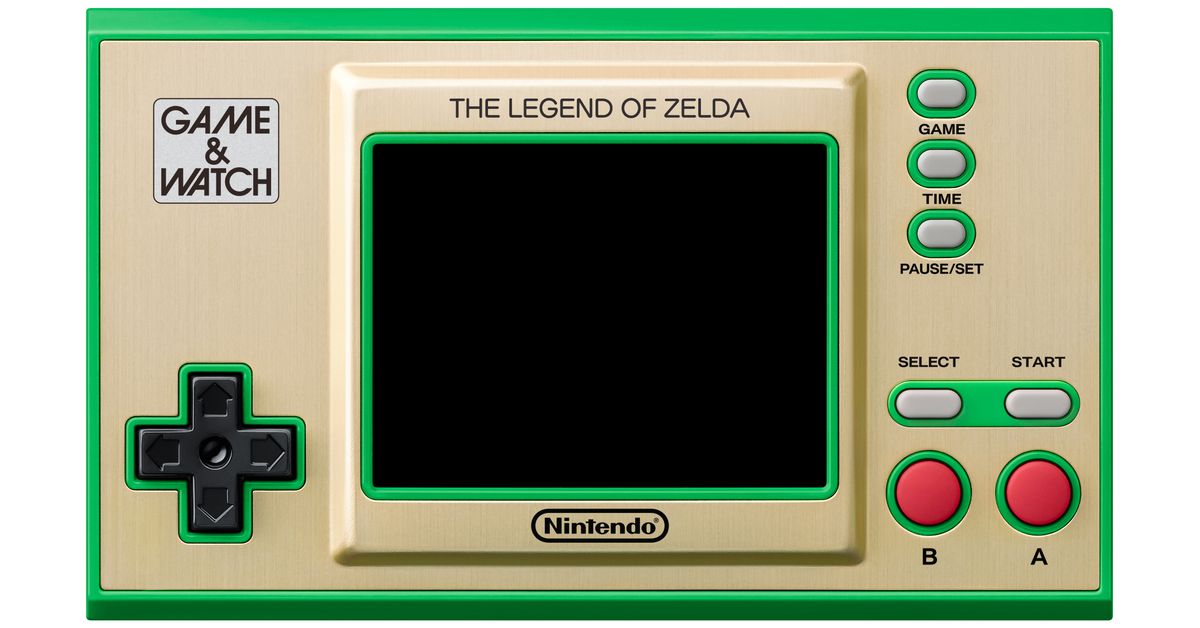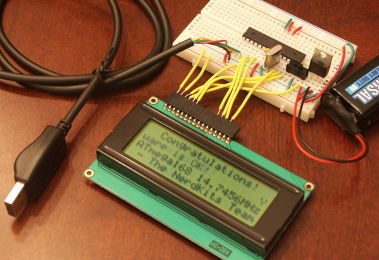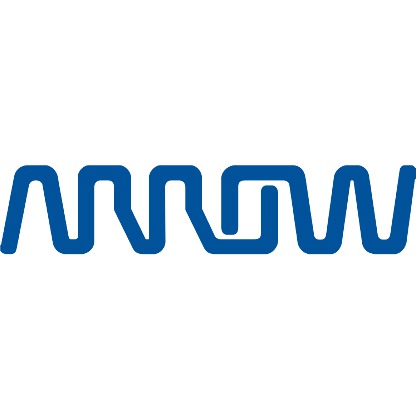Google’s Chrome group is looking at heap scanning to lower memory-relevant safety flaws in Chrome’s C++ codebase, but the strategy generates a toll on memory — except when newer Arm hardware is applied.
Google cannot just rip and change Chromium’s present C++ code with memory safer Rust, but it is doing work on methods to make improvements to the memory safety of C++ by scanning heap allotted memory. The capture is that it really is highly-priced on memory and for now only experimental.
Google and Microsoft are big end users of and contributors to the fast programming language C++, which is made use of in jobs like Chromium, Windows, the Linux kernel, and Android. There is increasing desire in employing Rust mainly because of its memory safety assures.
But switching wholesale from C++ in Chrome to a language like Rust simply won’t be able to materialize in the around term.
“Although there is hunger for different languages than C++ with more powerful memory protection guarantees, massive codebases such as Chromium will use C++ for the foreseeable foreseeable future,” describe Anton Bikineev, Michael Lippautz and Hannes Payer of Chrome’s security workforce.
Presented this standing, Chrome engineers have observed approaches to make C++ safer to reduce memory-connected security flaws this sort of as buffer overflow and use-after absolutely free (UAF), which account for 70% of all software safety flaws.
C++ doesn’t assurance that memory is usually accessed with the newest details of its structure. So, Google’s Chrome staff have been discovering the use of a “memory quarantine” and heap scanning to prevent the reuse of memory that is continue to reachable.
UAFs make up the the vast majority of higher-severity issues affecting the browser. A circumstance in point is this week’s Chrome 102, which set 1 essential UAF, though 6 of eight superior-severity flaws ended up UAFs.
UAF access in heap allocated memory is induced by “dangling ideas”, which takes place when memory made use of by an application is returned to the fundamental system but the pointer points to an out-of-day object. Accessibility through the dangling pointer outcomes in a UAF, which are challenging to location in massive code bases.
To detect UAFs, Google by now employs C++ good ideas like MiraclePtr, which also induced a efficiency hit, as perfectly as static assessment in compilers, C++ sanitizers, code fuzzers, and a garbage collector called Oilpan. The attractiveness of Rust is that its compiler places pointer errors right before the code runs on a machine, consequently keeping away from general performance penalties.
Heap scanning may perhaps insert to this arsenal if it helps make it over and above experimental period, but adoption will depend on units utilizing the most recent Arm hardware.
Google clarifies how quarantines and heap scanning functions: “The key thought driving assuring temporal security with quarantining and heap scanning is to stay away from reusing memory till it has been tested that there are no additional (dangling) tips referring to it. To stay clear of modifying C++ person





:no_upscale()/cdn.vox-cdn.com/uploads/chorus_asset/file/23009984/GameWatchTLOZ_photo_03.jpg)







